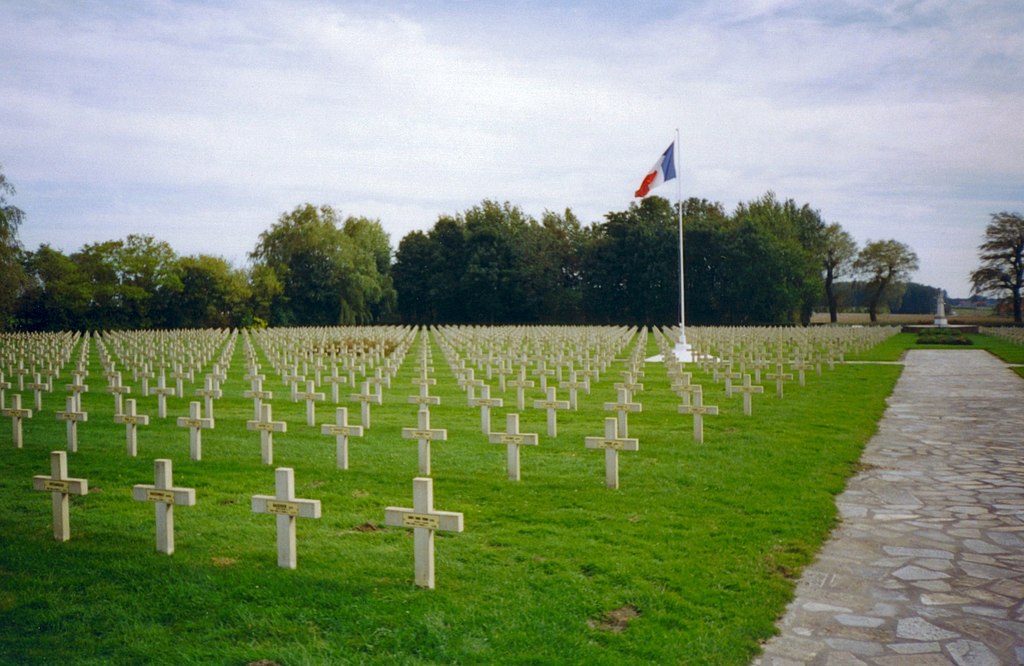La vertu est un état de guerre, et que, pour y vivre, on a toujours quelque combat à rendre contre soi.
Virtue is a state of war, and to live in it means one always has some battle to wage against oneself.
Jean-Jacques Rousseau
A new contribution in my series of anti-statist essays was published at Dissident Voice on Monday 4th August. Titled “What is the Nation?”, the article was (unintentionally) well-timed in that it came out at the time of a major World War One Centenary event. It was written essentially as an exploration of the ambiguous nature of the claim to being part of a nation, and the ways in which this concept has really become redundant in Western countries in the Twenty-First Century. Astonishingly, many people not only still subscribe to the view that they are part of a nation-state, but that its offerings of young lives on the alter pointless wars somehow secured their “freedom”.

World War One was pointless. In total, over 37 million people died in it. Western politicians and media actually try to invoke memory of that war in the face of today’s aggressive NATO posturing towards Russia over the Ukraine crisis. Inadvertently, this does nothing more than confirm that the existing NATO posturing is like World War One in threatening to waste people’s lives for what they don’t care about (the politicians care least of all, since they’d be off to hide in the bunker and do not intend to sacrifice any of their comforts in such a war).
One irritating argument commonly expounded by nationalists, warmongers and patriots is the view that the deaths of soldiers or others for a cause, usually for a nation, somehow validates the cause for which they have fought. An appeal to the honor of the dead is, to date, the only argument in existence for the concept of revering a nation and its symbols or military objectives. Many political speeches and quotes with a nationalist ring typically invoke the memory of the dead to justify the nationalist cause or the existence and preservation of the integrity of nations in any form. These speeches are fallacious, as they appeal only to martyrdom in order to assert their claims. Martyrdom to a cause does not say anything about whether the cause is just.
As sad and as hard as it might be to accept, the fact that many died for a cause does not mean they died for a just cause. We know this, because many people have died for many wrong causes throughout history. We do not know how many Roman legionaries gave their lives for the Senate and People of Rome, but we know that they all died for nothing, because the empire for which they fought ceased to exist. Its citizens grew so tired of its corruption that they even flung the gates open and embraced their own deaths.
Exactly like those Roman legionaries, the 4,487 American soldiers who gave their lives in the Iraq War died for nothing. This does not reflect badly on the personal honor and integrity of each of those soldiers, but it does confirm that the state for which they fought is little more than a liar and a murderer of innocent sons. The evil regime that existed under the George W. Bush administration wasted those lives for nothing, knowing full well that the cause for which these men died was empty and hollow. To this date, none of the weapons of mass destruction allegedly possessed by former Iraqi dictator Saddam Hussein to threaten the security of the United States have been discovered. After the smoke cleared, it should have become abundantly obvious that the only mortal threat to the “American people” is their own aggressive regime, so eager to waste their lives while sacrificing none of its own comforts.
As we see continued nationalistic ramblings about who gave their lives for what, in the face of modern strategic tensions with Russia, and foolish justifications of sacrifice (albeit economic, given that it is unlikely to go beyond this), we must remember that states always want to sacrifice everyone on the altar of their own greed and incompetence. The people of Europe themselves have nothing to gain from a conflict with Russia, whether economic or military. The only agency behind this conflict comes from the brutal and selfish governments of individual NATO countries, which live by some kind of maxim that the people must be prepared to sacrifice but the regime mustn’t.

